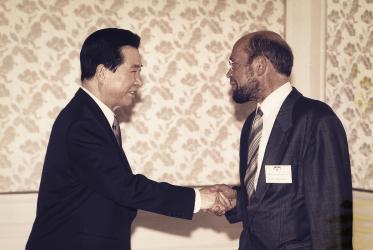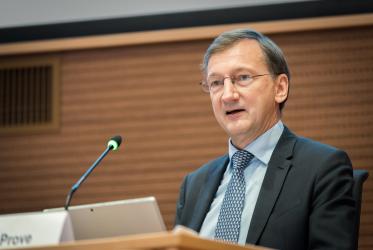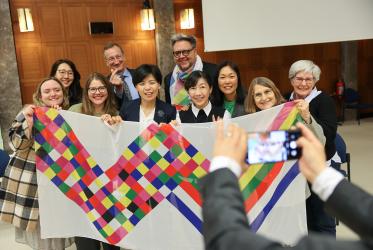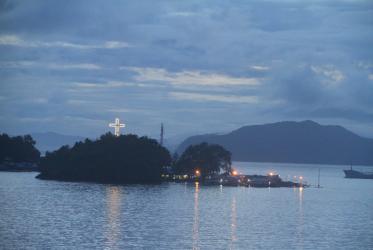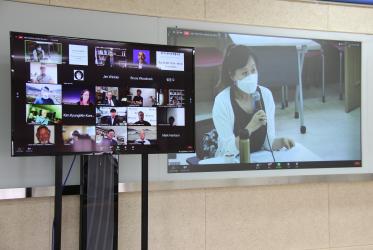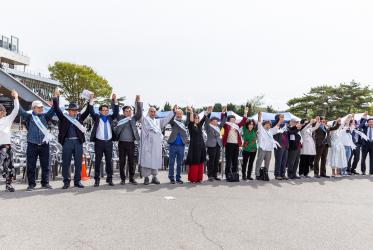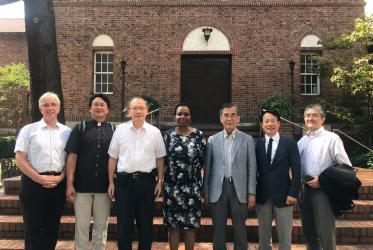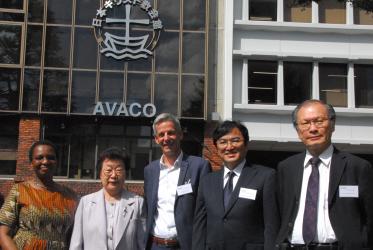Displaying 1 - 20 of 77
CCIA meets in Brisbane with focus on Pacific regional priorities
19 February 2020
Worldwide prayer campaign begins to end 70-year Korean War
06 February 2020
The cry of the Papuans in Indonesia
14 November 2019
In Japan, spirit of koinonia deepens
26 September 2019
In Japan, theologians reflect on today’s global manifestations of racism
18 September 2019
“Economy of life” lifted up at special school in Indonesia
22 August 2019
WCC condemns massacre of farmers in Philippines
12 April 2019
